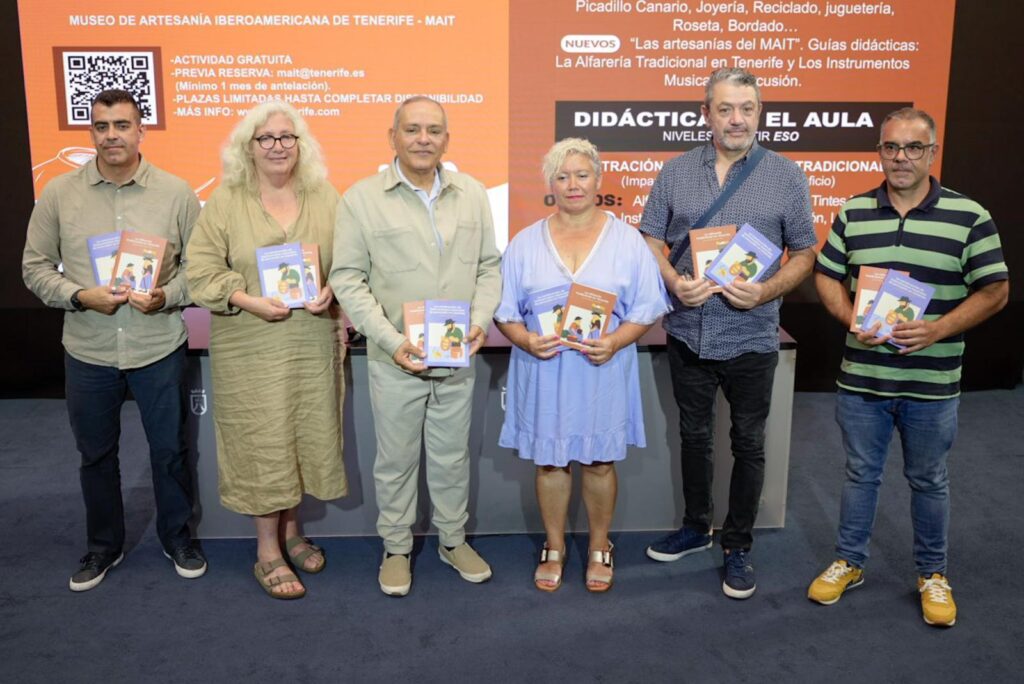The branded residence concept has transitioned from a novelty to a well-established trend on a global scale, notably in Spain and particularly within the Canary Islands. This form of property, run by esteemed hotel chains, merges the exclusive amenities of a luxury hotel with the seclusion of a private residence, providing owners with an experience that attracts affluent investors. Originating in New York in 1927, this idea has seen remarkable expansion in recent years, reshaping the real estate landscape in various cities worldwide.
The allure of branded residences stems from their unique ability to blend the practicality of a home with the high-end services of a five-star hotel, offering everything from round-the-clock concierge assistance to cleaning services, thorough maintenance, and access to facilities like swimming pools, gyms, and Michelin-starred dining options. Nevertheless, this model targets a specific demographic with considerable purchasing power, influencing the real estate sector by presenting a new approach to managing luxury properties.
Recent research underscores the significance of this trend. In Barcelona, the sale of a penthouse for 40 million euros—which has emerged as the priciest property of this kind in Spain—highlights the market’s potential. Cities such as Madrid, London, and Bodrum (Turkey) have also introduced similar projects, further solidifying this trend. Industry experts suggest that branded residences typically experience faster appreciation than traditional luxury properties, with values rising by approximately 25%. This rapid growth has prompted major hotel chains to broaden their offerings across various cities. Forecasts indicate that this market could potentially double over the next five years, particularly in areas such as Madrid, the Costa del Sol, and southern Europe, with the Canary Islands being a key focal point.
Canary Islands: A Trailblazer in the Sector
In the Canary Islands, a prominent tourist hotspot in Europe, the branded residences model has discovered fertile ground for its growth. Eva Bascones, the commercial director of Baobab Suites, has been at the helm of managing branded residences and luxury tourist apartments in the region for over ten years. According to Bascones, since the inception of Baobab Suites in 2013, the company has managed to position itself as a pioneer in this sector, implementing a fresh perspective on managing secondary holiday homes. “It’s akin to owning a second home, but without the burden of upkeep costs; it also generates revenue. Upon your return, the property is precisely as you left it,” Bascones elaborates.
The Baobab Suites complex features 125 luxury residences, each spanning from 64 to 200 square metres. Under this tourist exploitation model, owners acquire the entire property but allow the company to manage it as tourist accommodation when not in use. The situation in the Canary Islands presents unique nuances distinct from the original branded residences found in major cities, as this location is more temporary rather than fixed. Consequently, the system provides owners with a variable return as long as the property is not occupied outside of the summer seasons. Director Eva Bascones emphasises that this model has become appealing to investors seeking a mix of exclusivity and profitability.
An Expanding Model
The burgeoning success of branded residences has sparked increased interest among significant property owners and investors. The director notes that this format also serves as a financial resource: “The business primarily resides in property exploitation, which can also provide a means for generating supplementary income.”
Another instance of this management model in southern Tenerife is the Royal Hideaway Corales Suites. Situated in La Caleta, Adeje, this hotel complex encompasses several themed restaurants, including El Rincon de Juan Carlos (offering local dishes, boasting two Michelin stars and three Repsol suns), San Hô (specialising in “transoceanic” cuisine, also with accolades), and Il Bocconcino (an Italian eatery)… by delving into the essence of the model, providing buyers with a variety of services, in this scenario, culinary offerings.
The proliferation of this business model is evident and is beginning to extend into other sectors, such as student accommodations. “Ultimately, they function like hotels, maintaining the same level of service,” Bascones notes, pointing out that many families are in search of infrastructures that deliver services akin to those of a luxury hotel for their children.
















